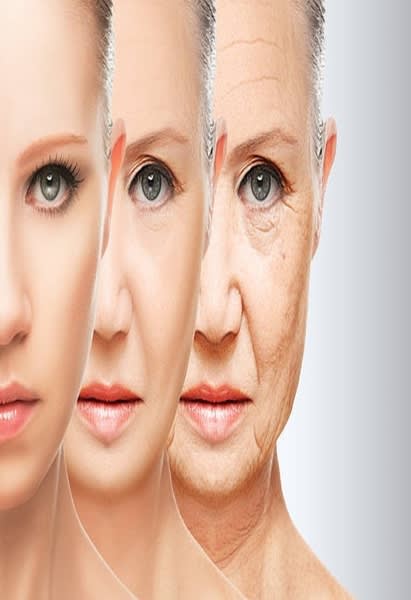
what are dermal fillers
Monday 5th June 2023
Lee Pedlar
Dermal fillers are a type of cosmetic injectable substance used to restore volume, smooth out wrinkles, and enhance facial contours. They are typically made of various substances, including hyaluronic acid, calcium hydroxylapatite, poly-L-lactic acid, or polymethylmethacrylate (PMMA) microspheres.
Here are some key points about dermal fillers:
Purpose: Dermal fillers are primarily used for cosmetic purposes to address signs of aging, such as fine lines, wrinkles, sagging skin, and volume loss. They can also be used to enhance specific facial features, such as the lips or cheeks.
Procedure: Dermal filler injections are typically performed by a qualified healthcare professional. The procedure involves injecting the filler directly into the targeted areas using a fine needle or cannula. Prior to the injection, a local anesthetic or a topical numbing cream may be applied to minimize discomfort.
Types of Dermal Fillers: The most common type of dermal filler is hyaluronic acid-based. Hyaluronic acid is a naturally occurring substance in the body and is known for its ability to retain moisture. Other types of fillers include calcium hydroxylapatite, which stimulates collagen production, and poly-L-lactic acid, which helps stimulate the body's natural collagen production over time. PMMA fillers are long-lasting and contain tiny particles that remain in the skin even after the initial filler has been metabolized.
Results and Duration: The results of dermal fillers are immediate, with visible improvements in volume and contour. The duration of the results varies depending on the type of filler used, the treated area, and individual factors. Generally, hyaluronic acid fillers last around 6 to 18 months, while other types may last longer.
Risks and Considerations: Like any medical procedure, dermal fillers carry certain risks and considerations. These can include temporary side effects such as redness, swelling, bruising, or itching at the injection site. In rare cases, more serious complications such as infection, allergic reactions, or tissue damage can occur. It's important to have a thorough consultation with a qualified medical professional to discuss the risks, benefits, and expectations of the procedure.
It's essential to consult with a qualified healthcare professional who can assess your specific needs, provide personalized advice, and perform the procedure safely. They will evaluate your facial anatomy, discuss your goals, and recommend the most suitable type and amount of filler to achieve the desired results.
if you would like to know more about our clinic or upcoming training courses please feel to drop us a message. We will be happy to help answer any questions you may have.




